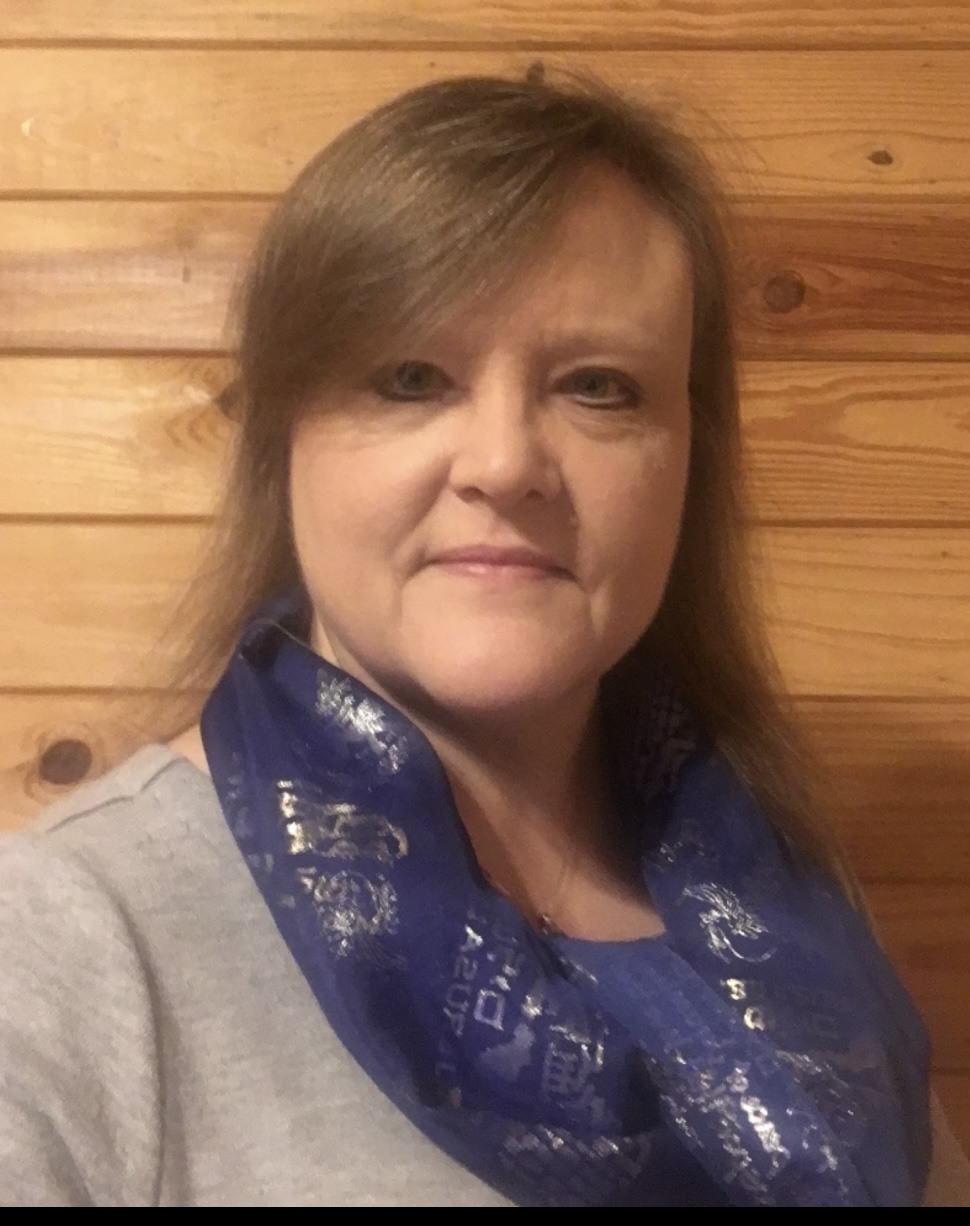Yom Teruah - Day of Trumpets
- Leisa Baysinger

- Nov 27, 2020
- 4 min read

Introduction to Yom Teruah
In English: Day of Trumpets
Correct Biblical Name: Yom Teruah
Yom Teruah is an Appointed Time (Mo’ed) of Adonai—a memorial of the blowing of trumpets (two silver trumpets). It is celebrated in the fall.
Significance in Jewish Tradition
For Jews, Yom Teruah marks the beginning of the civil year: Rosh Hashanah (“head of the year”).
The biblical/agricultural calendar begins in the spring (our March/April), as outlined by HaShem in His Torah.
Greeting: To greet a Jewish person at this time, say: L’Shannah Tovah (“Have a good year”)—equivalent to “Happy New Year.”
Hebrew Names and Phrases Associated with Yom Teruah
Day of Shouting
Day of the Great Awakening Blast
Day of Repentance
Day of the Crowning of Kings
Day of the Remembrance of Blowing of Trumpets
The Day and the Hour That No Man Knows
The Hidden Day
The Day of the Last Trumpet
The Day of the Birth Pangs of the Messiah
Historically, it is believed to be the day Adonai created Adam and Eve, and Noah’s birthday.
Spiritual and Prophetic Significance
The gates of heaven were believed to open on the Day of Trumpets for repentance.
The “Day of YHVH” (“the Day of the Lord”) is said to begin on this day and continue through Yom Kippur (the Day of Atonement).
Scriptures
Please read Leviticus 23:1–44.
Yom Teruah in the Biblical Calendar
Yom Teruah is the first day of the seventh month, beginning the three set-apart days/times of the fall.
These are shadow pictures of the coming of Messiah Yeshua.
Just as Yeshua fulfilled the spring Appointed Times (Passover, Unleavened Bread, Firstfruits, and Pentecost), He will fulfill the fall Appointed Times at His second coming:
Day of Trumpets
Yom Kippur
Tabernacles
Shemini Atzeret (The Eighth Day)
The weekly Sabbath is also a shadow picture (moed—appointed time), a rehearsal of God’s plan of redemption and restoration.
The 8 Set-Apart Times (Moedim)
The 7 Appointed Times of HaShem, plus the weekly Sabbath, contain 8 Holy Days set aside as Sabbaths:
First day of Unleavened Bread
Seventh day of Unleavened Bread
Shavuot (Pentecost)
Day of Trumpets
Day of Atonement
First day of Tabernacles
The Eighth Day (Shemini Atzeret)
The weekly Sabbath
What Scripture Says About These Holy Times
These moedim contain Sabbaths, High Holy Days (kodesh—set apart).
They are “convocations” (Hebrew: miqra), meaning “rehearsal.”
The word “feasts” in English is actually “mo’ed”—an appointed time of Yahweh.
“Proclaim” (verse 4) means to announce, set in order, make known, declare.
These are HaShem’s Holy Convocations, not just the Jews’.
In Leviticus 23:3, the weekly Sabbath (Shabbat) is also called a Holy Convocation and a Holy Moed.
In Leviticus 23:4, “seasons” is also moed (appointed times). See Genesis 1:14 and Genesis 17:21 for more on moed.
Leviticus 23:24–25 / Numbers 29:1
“A memorial of blowing of trumpets”—the Jews historically did not fully understand why they were to celebrate this day. A memorial in Hebrew means “to mark, to remember, a memento, a record.” Hebrews obeyed because God said to, not because they understood all the reasons.
Historical Understanding and Key Phrases
Teruah means “awakening blast” or “shout.” On Yom Teruah, the awakening blast of the shofar is believed to resurrect the righteous dead to eternal life.
Day of the Last Trumpet:
The trumpet was blown for 30 days, beginning in the month of Elul, leading up to Yom Teruah.
The last trumpet was blown on Yom Teruah, warning of the coming judgment at Yom Kippur.
The days between Yom Teruah and Yom Kippur are the “days of awe”—a time of fasting and repentance.
The 40 days before Yom Kippur are the “days of teshuva” (repentance).
The celebration culminates with Teki’ah Gedolah—the Great Blowing.
The 10 days of awe are also known as the days of Jacob’s trouble before the Messiah comes.
Birth Pangs of Messiah:
See Jeremiah 30:6–7 and Matthew 24:8–10.
Chabad.org calls Yom Teruah “the birth pangs of the Messiah,” a time of spiritual refinement.
Three Trumpets of God:
First trumpet, last trumpet, and great trumpet.
Jewish history says the left horn of the ram (first trump) was blown on Mt. Sinai, and the right horn (last trumpet) on Yom Teruah.
Paul refers to the last trumpet in 1 Corinthians 15:52; John in Revelation 11:15–19.
The term “rapture” comes from the Greek “harpazo”—to seize, catch away, or take by force.
The great trumpet was blown on Yom Kippur.
The Day and the Hour That No Man Knows:
See Matthew 24:32–36.
The exact day was unknown until the new crescent moon was sighted by two witnesses.
Traditionally celebrated for two days to allow word to spread.
The Hidden Day:
Yeshua says to “pray that you may be able to escape the things to come.”
The trumpets in Revelation are not the wrath of God—the bowls are.
The faithful will be present for the trumpets, but not for the bowls (wrath).
Additional scriptures: Isaiah 26:2, 20; Psalm 27:5; Zephaniah 1:14, 16; 2:3; 1 Thessalonians 4:16–17; Revelation 3:8–10.
Future Observance
Zechariah, Ezekiel, and Isaiah indicate that the feasts (moedim) will be observed when Yeshua returns and reigns in Jerusalem.
See Zechariah 14:16–17; Ezekiel 45:21, 25; 46:1, 11; Isaiah 66:22–23.
His appointed moedim are forever.
This teaching is just a preview. There are many levels to understanding Adonai’s Appointed Times and their fulfillment in Yeshua.
Shalom!
Leisa Baysinger

_PNG.png)





Thank you Leisa for studying for me 😍 shared this with my Filipino online Messianic Meeting Elohim bless you more 🙏